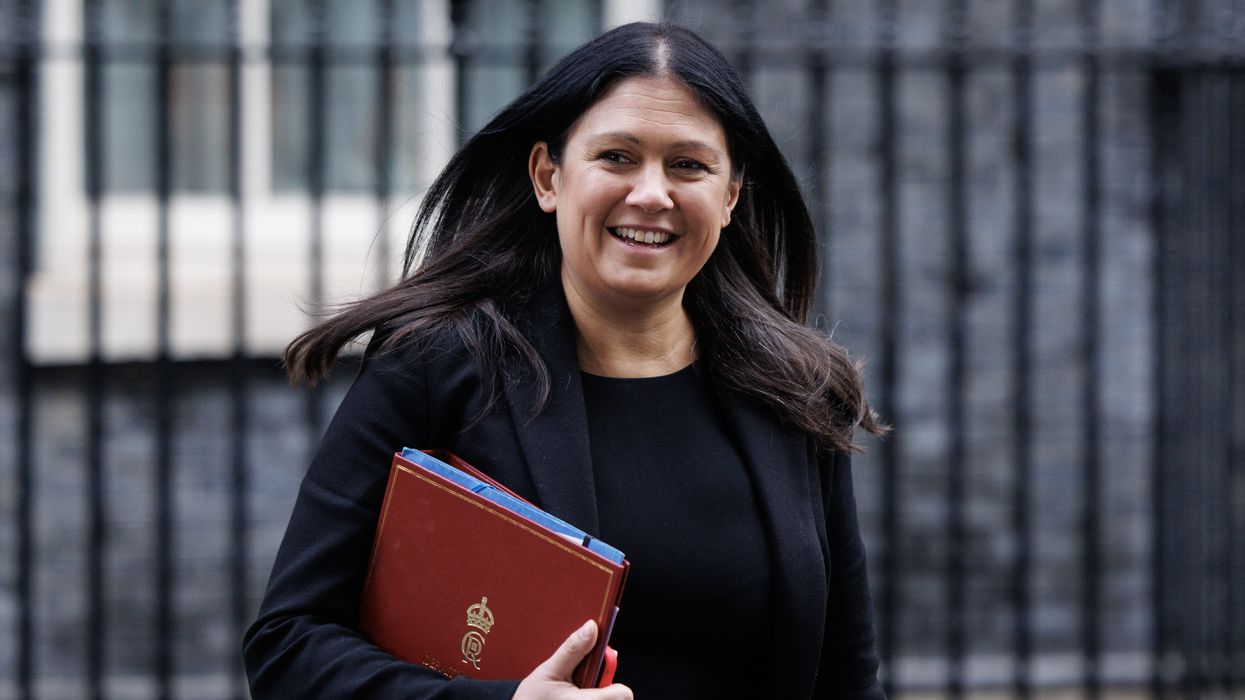LISA NANDY has withdrawn from the final decision on who will chair the new independent football regulator, following the revelation that the government’s preferred candidate, David Kogan, had donated to her Labour leadership campaign.
David Kogan, a media executive nominated by the government as chair of the regulator earlier this year, disclosed last month that he had donated to Nandy during her 2020 bid to replace Jeremy Corbyn, reported The Guardian.
Kogan also contributed to Keir Starmer’s campaign. Kogan said the donations were “very small” and did not need to be declared publicly under political donation rules.
To “avoid the perception of any bias or lack of independence from government,” Nandy wrote to the Culture, Media and Sport Select Committee, informing them that she would not take the final decision. The final decision will be signed off by Stephanie Peacock, a junior culture minister.
This move follows criticism of Starmer and other senior Labour figures for accepting gifts after the new government took office last year. Starmer has since returned over £6,000 in gifts and hospitality, including six Taylor Swift tickets, four race tickets and a clothing rental agreement with a designer. Labour donor Waheed Alli was also briefly given a Downing Street pass.
Kogan, appearing before the Culture Committee last month, said he had “total personal independence” and was never “particularly close” to any of the politicians to whom he donated, The Guardian reported. “I don’t believe that I have undermined that by writing books about the Labour Party, being on the LabourList board or being a donor,” he said.
Liberal Democrat culture spokesperson Max Wilkinson called on Nandy to clarify the extent of her dealings with Kogan. Stuart Andrew, the Shadow Culture Secretary, said the appointment “bears all the hallmarks of Labour cronyism.”
The prime minister’s official spokesperson said Kogan’s selection was made “as a result of fair and open competition” in line with the public appointments code. The Guardian has previously reported that ministers were reluctant to appoint Kogan due to concerns over the perception of political links.





